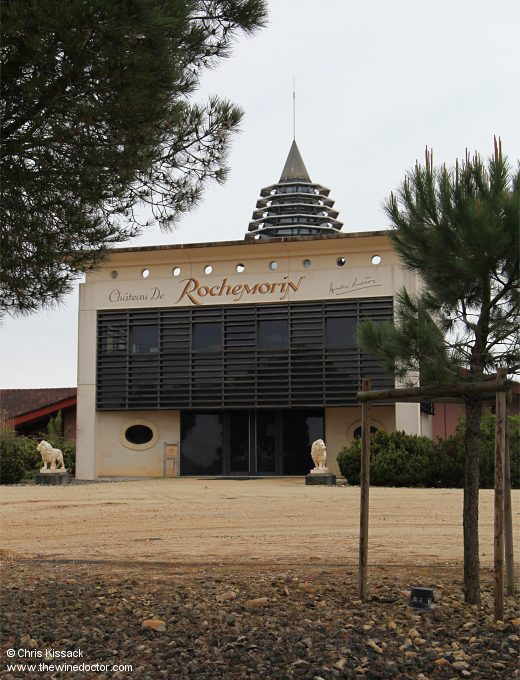Château de Rochemorin
With some care Charles Louis de Secondat placed the quill pen down on the leather-topped writing desk, and closed the manuscript. His latest work, which he had tentatively christened De L’Esprit des Lois (The Spirit of the Laws) was complete.
Charles anticipated a frosty reception to this latest addition to his oeuvre, not least because within its many pages he advocated against slavery, which he had long viewed as a form of despotism. But he also wrote at length about the separation of powers – the executive, the legislative and the judiciary – in government, and he predicted this would not sit well with those who currently held all these powers.
It would turn out that his thoughts on this matter were correct; after its publication in 1748 the text was denounced by academics at the Sorbonne, and it was soon added to the Catholic Church’s list of prohibited books. Charles would weather these insults with grace, perhaps because for every cold shoulder he met there were many more who welcomed his work with warmth. During the years that followed its publication, the words Charles had scratched across these pages would guide the Founding Fathers of the United States of America as they drafted their Constitution, and would inspire Catherine the Great (1729 – 1796) to write new instructions for the Legislative Assembly of Russia. And beyond these two great powers, countless new governments would follow his political guidance.
Not bad for the son of a winemaker from Martillac, just south of Bordeaux.

Please log in to continue reading:
